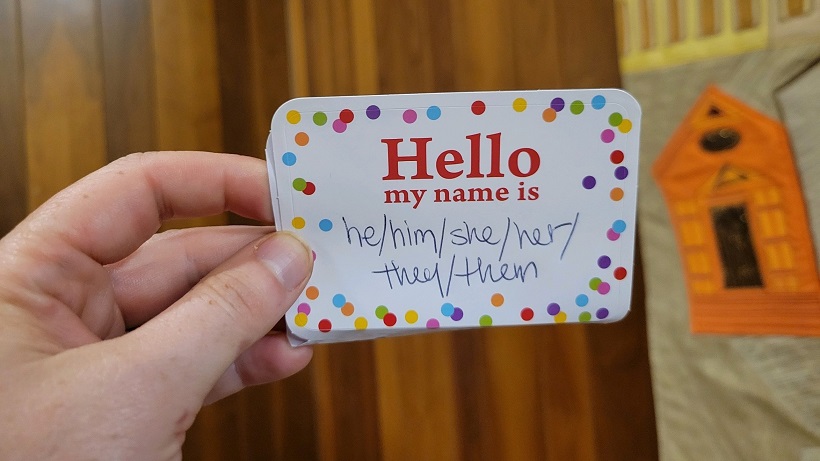For the past two years, I’ve taught a weekly Torah exploration class. While similar Parshat HaShavuah (weekly Torah study) classes will often focus on one or two central moments in the text, I chose for this series to be an overview, where we read the whole section and react and reflect on its entirety. One thing I have loved about this approach is it meant that I never knew what would come up from week to week, and every discussion encouraged me to question and view the text through multiple lenses. Truth be told, this has been my favorite hour each week.

In particular, what has struck me is that each time we read the Torah anew, there are new questions, frustrations, and appreciations that present themselves. For example, in both years of the class the participants zeroed in on the beginning of the Torah as a model that was repeated throughout the rest of the text, yet also one that was no doubt told from a specific and biased perspective. What led us here? The beginning is a good place to start.
This week we read Parshat Bereshit, the first portion of the Torah. We are wowed by the story of creation, including the time and care God put into creating each day and making it exactly as God wanted. We learn about the first people and their experience in the Garden of Eden, especially how they learned to build, grow, and be together. The Torah continues with the story of Cain and Abel and the first sibling rivalry gone terribly awry, and we get a taste of some very real consequences caused by human actions. Thus begins the idea of God as the parent, creating life and making sure everything has its own place.
In chapter 1, verses 27-28, the narrative provides details that feel both informative and at the same time part of a very specific agenda. “So God created Mankind in His own image, in the image of God He created him; male and female He created them. And God blessed them, and God said to them, ‘Be fruitful, and multiply, replenish the earth, and subdue it: and have dominion over the fish of the sea, and over the birds of the air, and over every living thing that moves on the earth.’”
Hebrew, like many languages, is a gendered language that has long struggled with the non-binary, which makes it all the more interesting and alarming that creation was clearly binary and non-binary. Male and female are mentioned, but so is a version of they/them. We typically interpret “them” in the Torah as a plural binary pronoun, but what if God was addressing each human individual as they/them? What if Hebrew was non-gendered? What if the Torah had purposefully adopted this notion of non-binary and run with it? What if our tradition was not subsequently based on women being subservient or “help-meet” to men, but instead built on this duplicity of human nature to be both hunter and caregiver, explorer and rule follower?
“What if” questions are a fascinating, but mostly fruitless endeavor to reimagine the past in a way that changes the shape of our present. But I can’t help being intrigued by a “what if” that asks us to imagine a world without binary, in any sense of the term. After all, we are created in God’s (nonbinary) image, and we should all be celebrated as the human beings we were intended and blessed by God and the angels to be.



